Why NBA Officiating Has Changed
How Officiating In The NBA Has “Softened” The Game
Image of the Melee taken from YouTube creator “TheNBAFreak” in video titled “Malice At The Palace”
Referees in the NBA have shifted towards playing by their own rules. Since recent years, officiating in sports has been a sensitive topic towards fans and players alike. But, when it comes specifically to NBA officiating, its been at a steady change since earlier years.
Back in the 2000s, players in the NBA would throw elbows and be directly physical with one another, and not even earn a whistle. Times have changed—and with it the referees. The officiating was strongly built around the times we were in. In the times of Larry Bird and Magic Johnson, drug abuse and violence were common, to the point where extremely physical defense was a regular. Referee’s paid no mind to the swings being thrown, as they had no means of preventing it. This all changed when Michael Jordan entered the league. His unstoppable presence only encouraged more hacking at the player. The league became very aware of this behavior, and grew scared of a loss of viewership if their stars were to suffer a career ending injury.
A new set of rules were put in at this time. Another referee was added to each game, and physicality was more heavily monitored after this. Players like Shaquille O’Neal would still maintain a physical playstyle, and brawls would occur, just not as commonly. All changed on the fated “Malice at the Palace” brawl on November 19th, 2004. During a game against the Pistons and the Pacers, Pistons player, Ben Wallace, attempted a layup, and was fouled by Pacers player, Ron Artest. Seemingly enraged Wallace stood up and shoved Artest, leading to a big brawl. After being broken up, John Green, a spectator, threw a drink at Artest during his mental exercise at the scoring table. After mistaking the aggressor to be spectator Micheal Ryan, he charged towards him and began another scuffle. During an Episode of Untold, Shaquille O’Neal says, “We were conditioned to some of the crazy things that Ron did throughout the previous two years, but what we weren’t conditioned to is the information and tools to help [our] brother. I’m sure all of us wish we had more information about Ron and the struggles that he had.” While Artest is at fault for reacting, he shouldn’t be shamed for it all. These course of events leads to the suspension of nine players, for a total of 146 games.
We were conditioned to some of the crazy things that Ron did throughout the previous two years, but what we weren’t conditioned to is the information and tools to help [our] brother. I’m sure all of us wish we had more information about Ron and the struggles that he had. — Shaquille O'Neal
A game changing incident like this lead to a heavier judgment from the league. Referees were ordered to take any altercations more seriously, and to issue technicals and ejections at will. Fines and suspensions were becoming commonplace to any emotion shown during a game. Just as of recently player, Kyrie Irving, was a victim of extreme heckling by the fans of the Boston Celtics. Irving showed his low tolerance towards them with hand gestures and aggressive response. The league didn’t take kindly to this, as he was issued a $50,000 fine later that week. Another instance occurred just as of yesterday, when Suns player, Chris Paul, delivered a slight kick to the pelvis off a fade away shot to Pelicans player, Jose Alvarado. This wasn’t spotted during the game, but after a post game review, the league issued him with a flagrant one.
Through the history of the NBA, one thing has been made very apparent—officiating has changed by the commonplace outside of the NBA—with violence going from commonplace to a heavy offense. The term “soft” has been generated by fans surrounding the NBA, to define the current state of the league’s officiating. As necessary as these changes may have been for that time, slight adjustment should be implemented in the future.
Your donation will support the student journalists of Brunswick High School. Your contribution will allow us to purchase equipment and cover our annual website hosting costs.









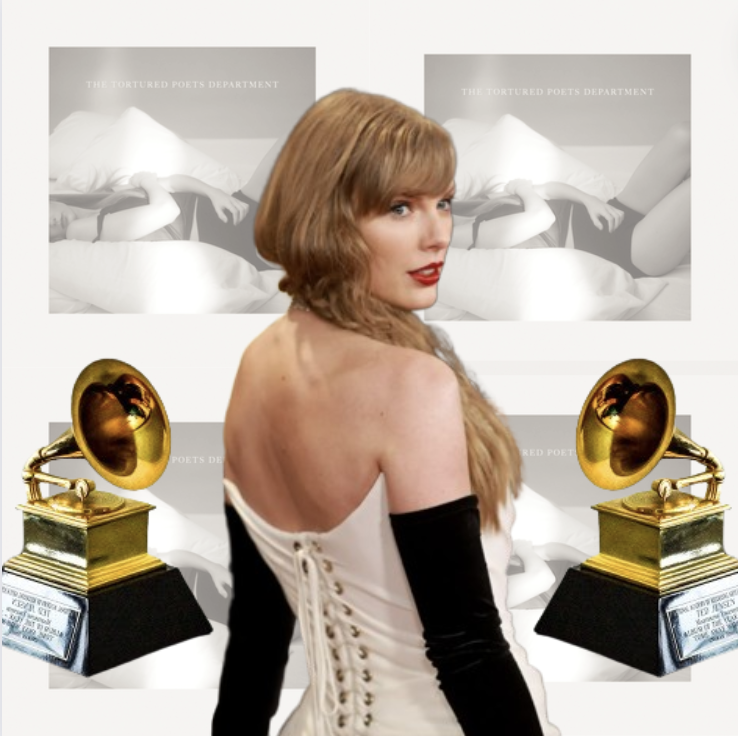



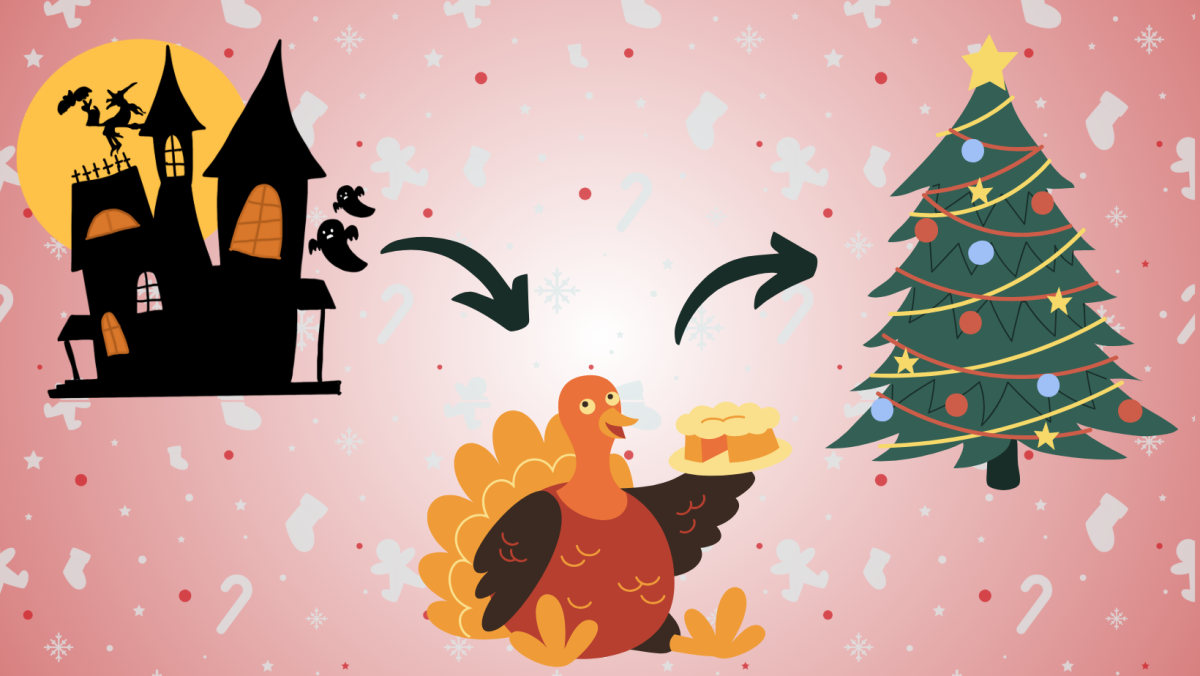






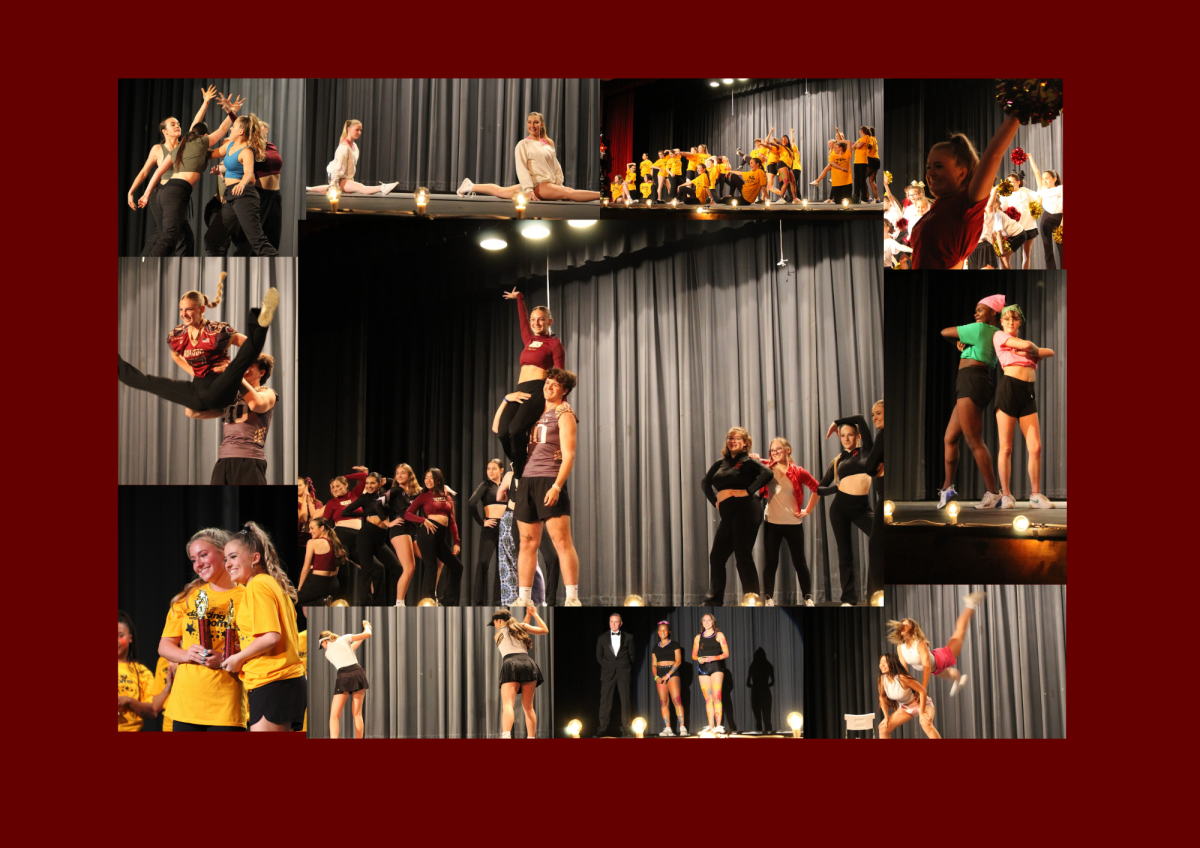
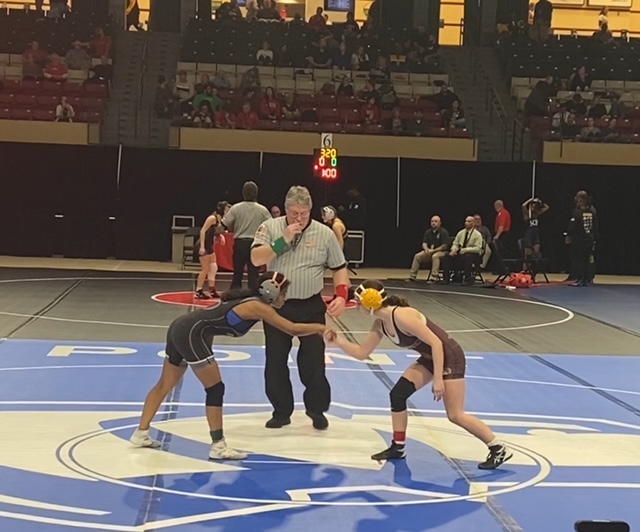




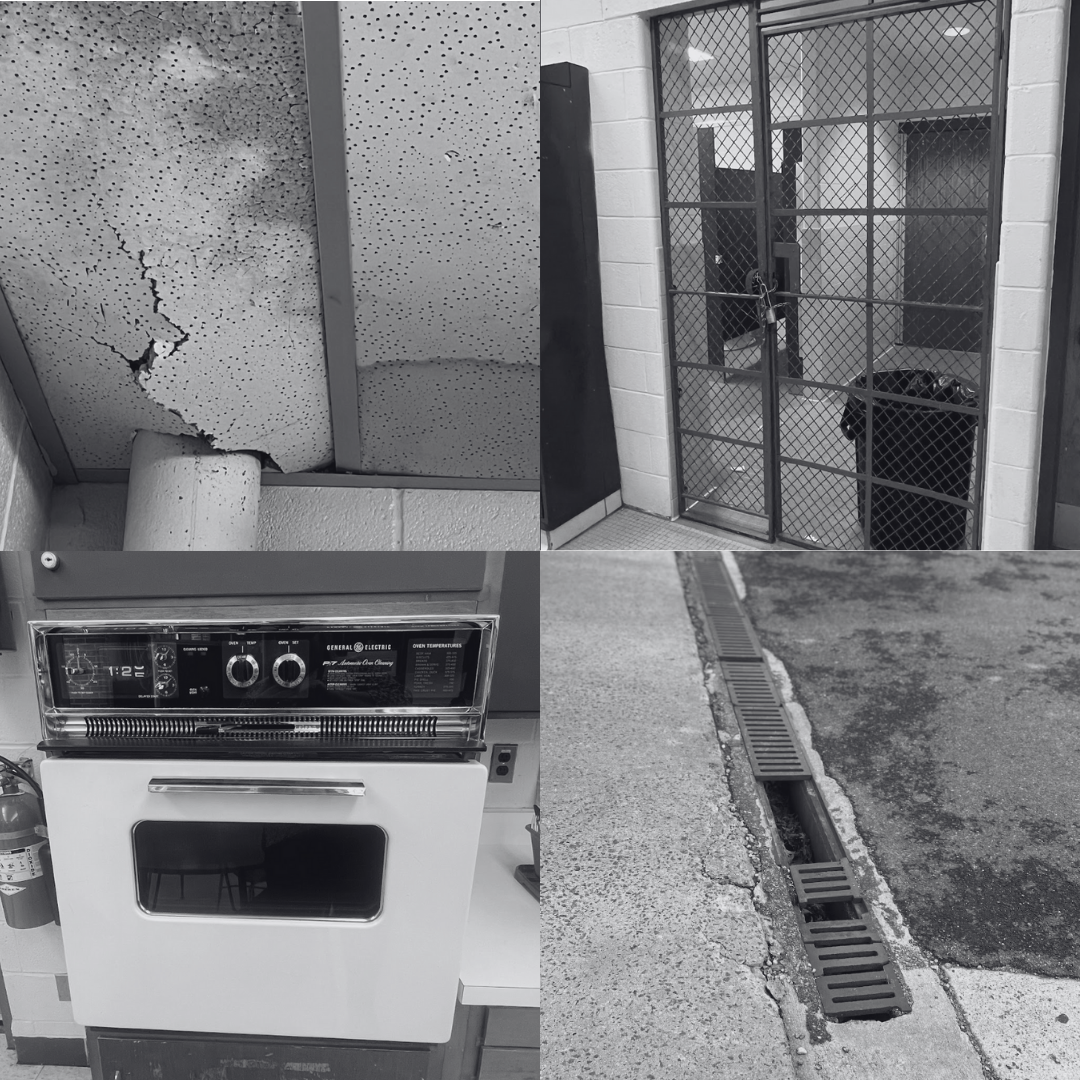








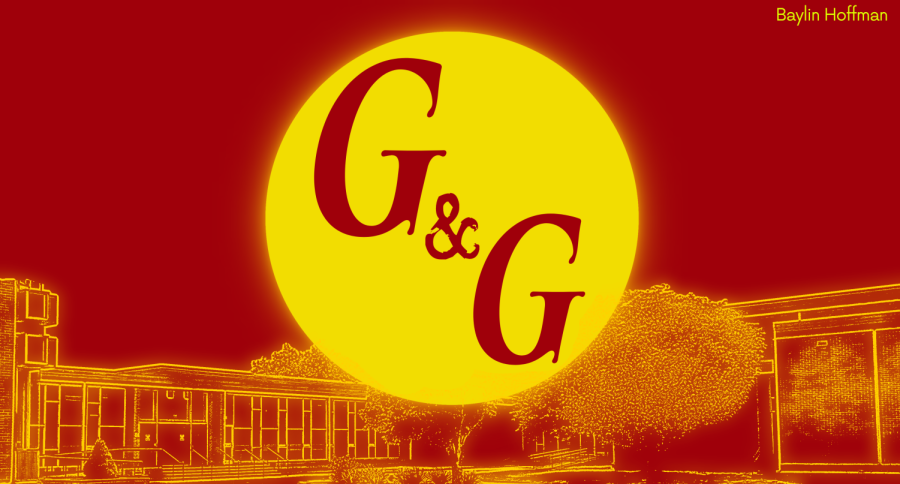





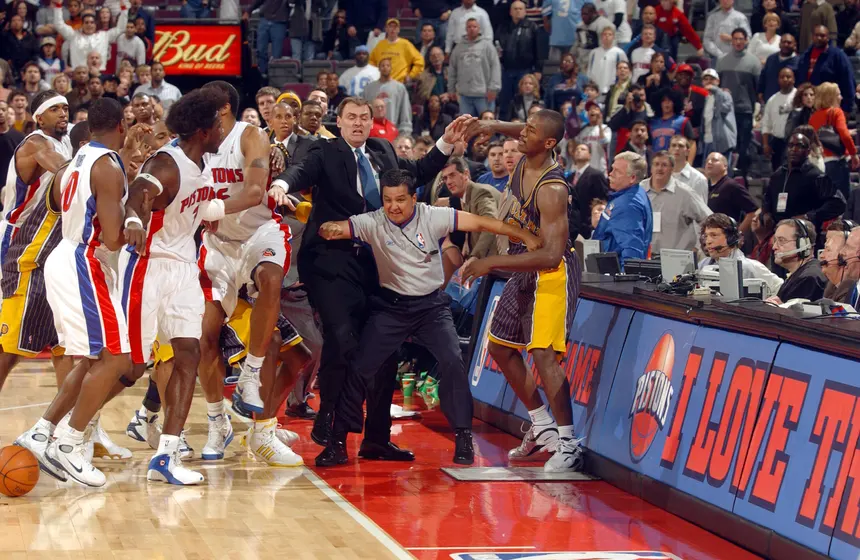


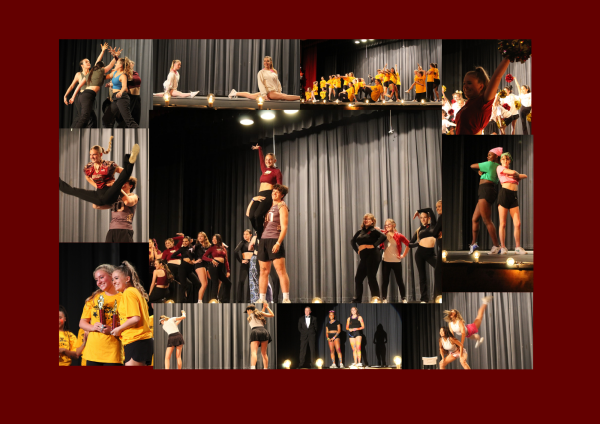
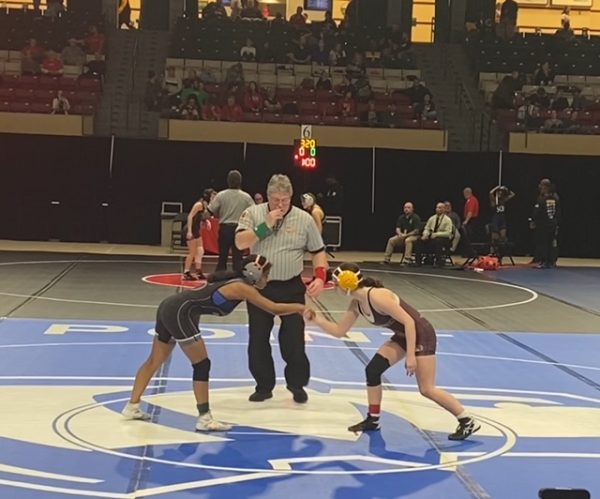


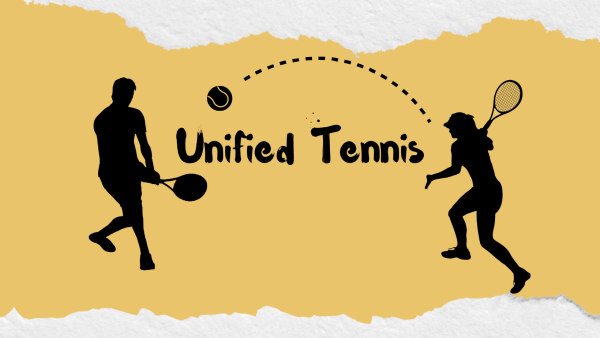
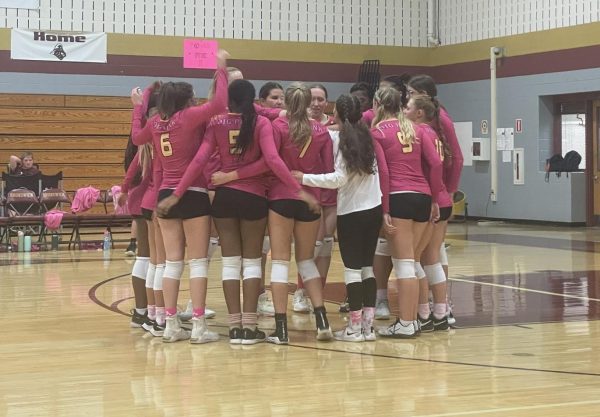


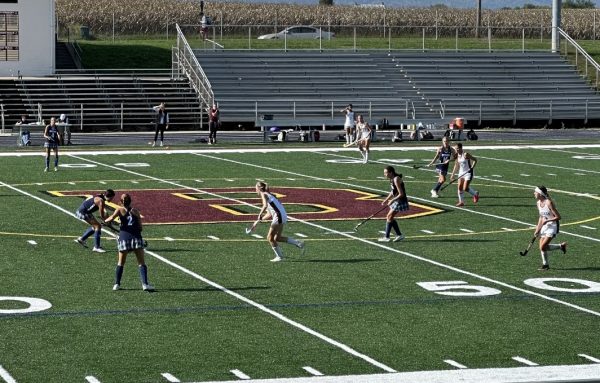

Mattias • Jan 31, 2023 at 8:44 am
This was a very well written article with good layout, interest, and factual information.
Gabby • Jan 30, 2023 at 9:38 am
Has very interesting information.
Brynn • Jan 30, 2023 at 9:37 am
I really enjoyed the use of quotes and an image to further emphasize the topic of your article.
Ava • May 20, 2022 at 7:50 am
This article is very good. It has interesting information that I did not know previously. I like your use of images, they really add to the article.